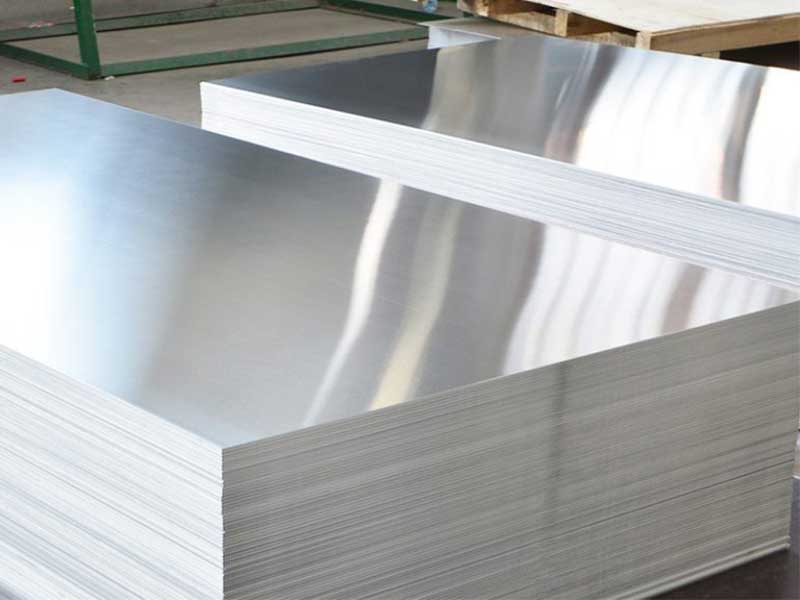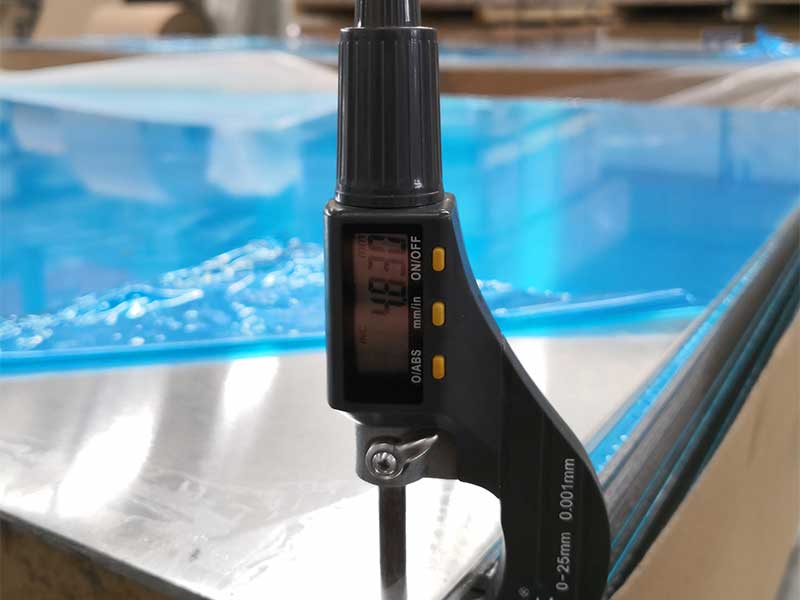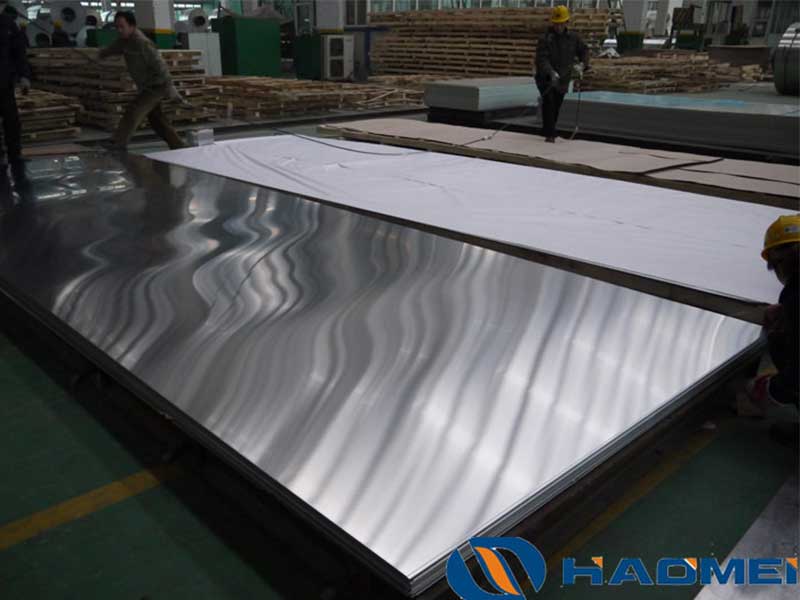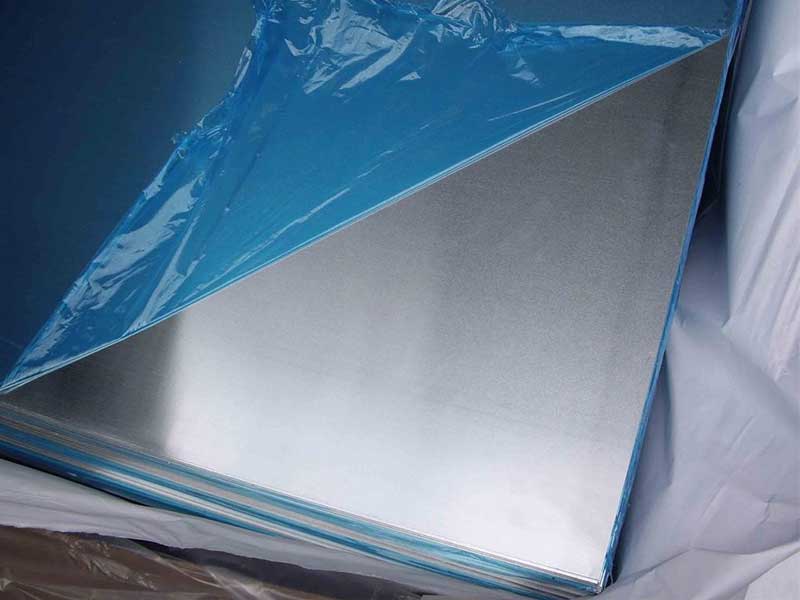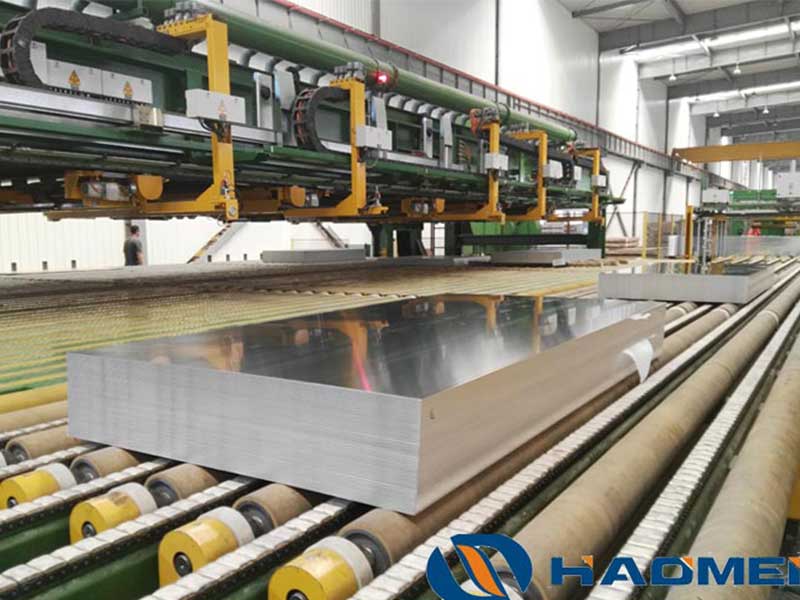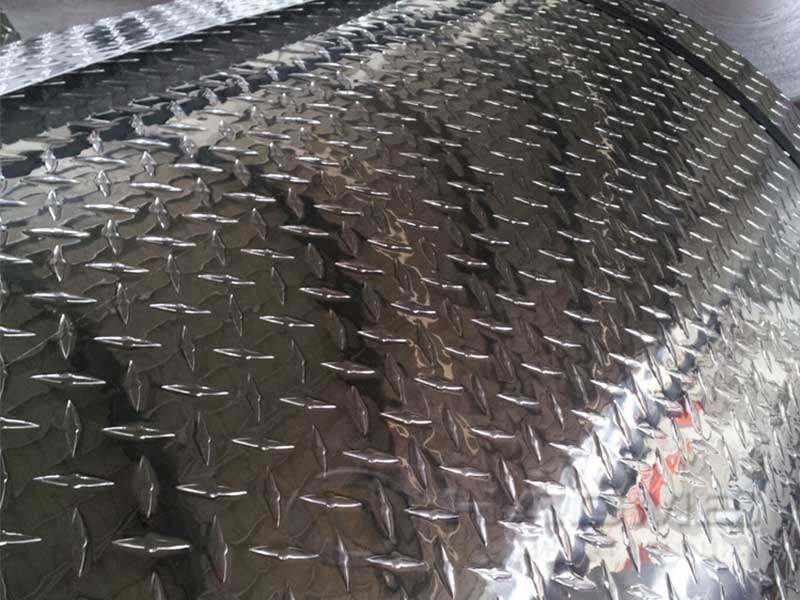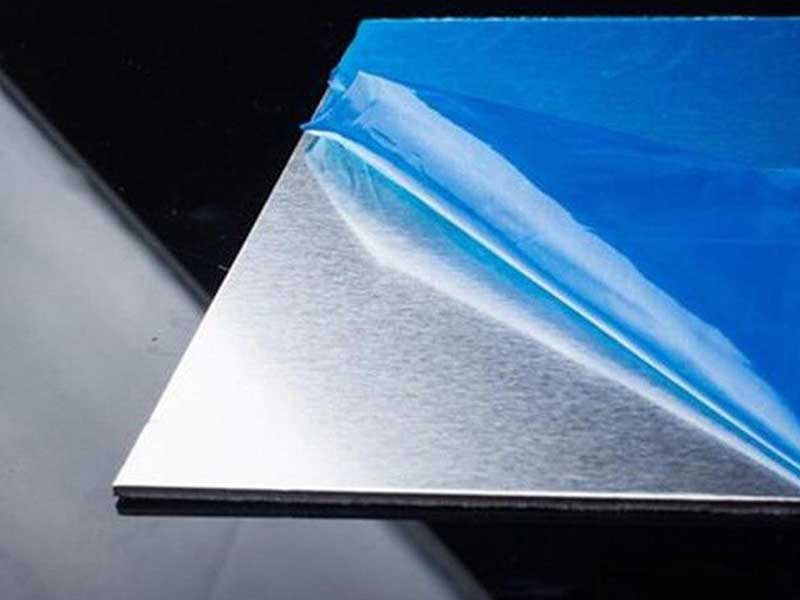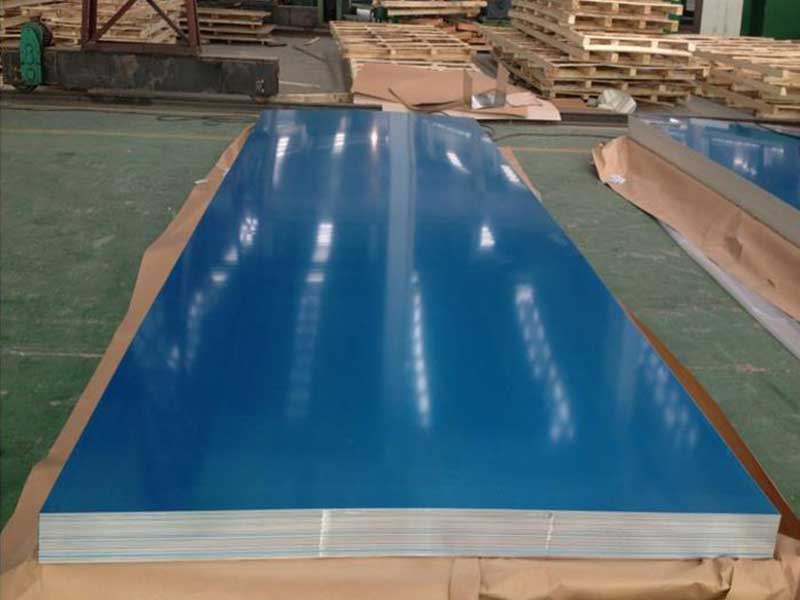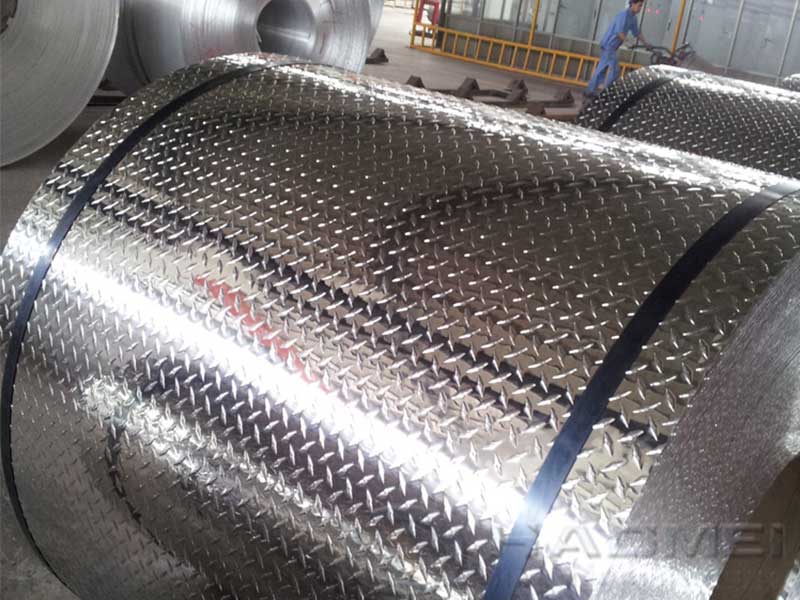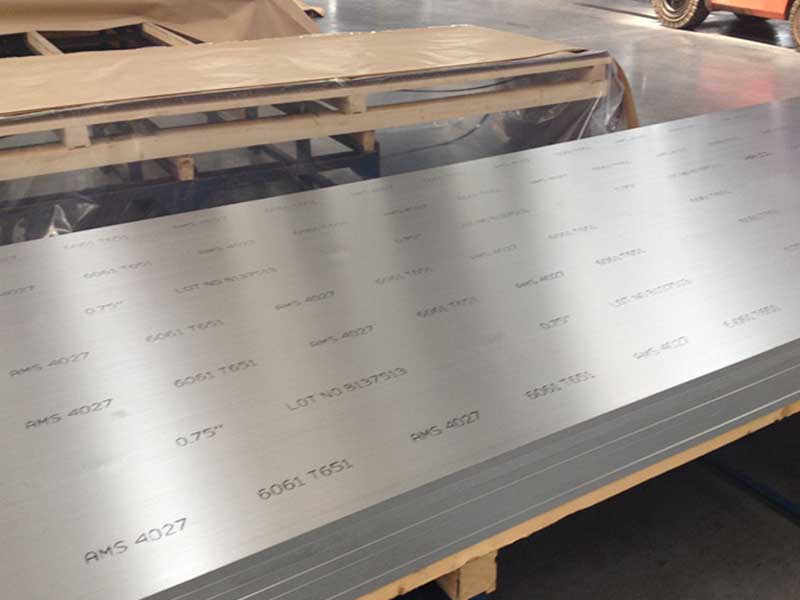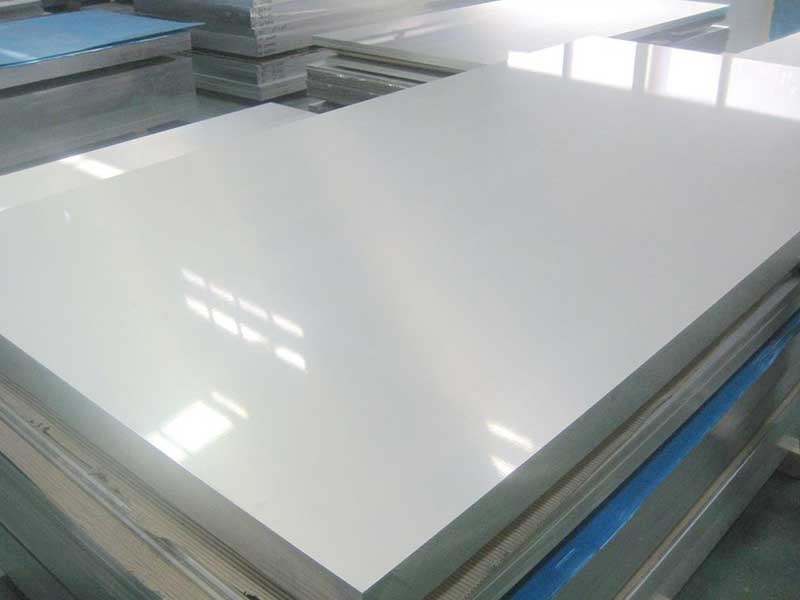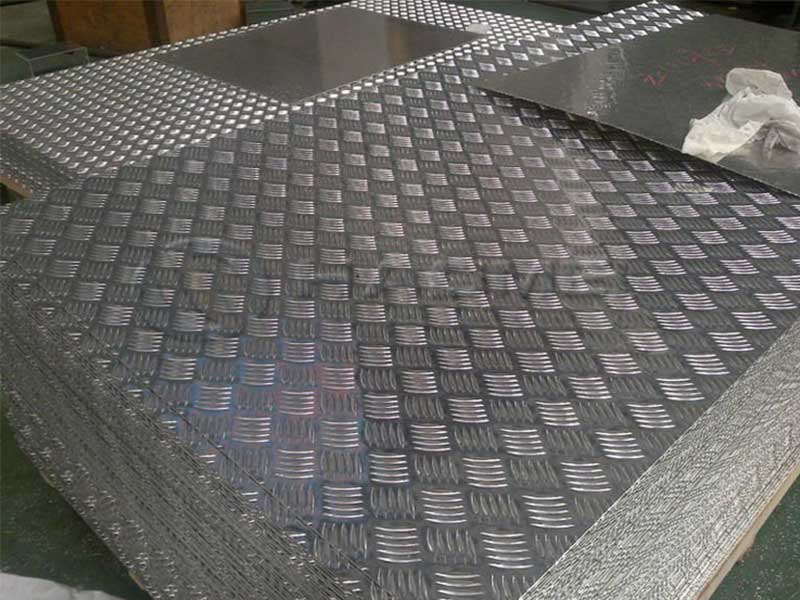2024-09-20 https://www.aluminum-coils.com/a/extruded-aluminum-plate.html
When it comes to building materials, extruded aluminum plates stand out due to their unique characteristics, versatile applications, and undeniable strength-to-weight ratio. Utilizing aluminum extrusion technology, these plates are crafted through a process that converts raw aluminum into malleable shapes, focusing on precision and efficiency. In this article, we explore the defining features of extruded aluminum plates and delve into their diverse applications across multiple sectors.
Extruded aluminum plates are flat, thin sheets created from aluminum alloys that are forced through a specially designed die to produce specific cross-sectional shapes. The extrusion process allows for an impressive level of customizability, ensuring varied thicknesses and sizes suitable for different applications. The aluminum used is typically alloyed for enhanced strength, ductility, and resistance to the elements.
-
Lightweight Yet Strong: One of the primary benefits of extruded aluminum plates is their standout strength-to-weight ratio. Aluminum is a lightweight material, and when extruded, it retains an impressive strength that is superior to many other materials. This property makes it highly desirable in industries where weight is a critical factor, like aerospace and automotive engineering.
-
Corrosion Resistance: Extruded aluminum plates boast excellent corrosion resistance due to their inherent properties and the ability to be anodized. This allows them to withstand harsh weather environments, making them ideal for applications in exposed positions, including construction and marine.
-
Custom Shapes and Sizes: The flexibility in design provided by the extrusion process means manufacturers can produce plates in an unlimited variety of shapes and dimensions. This ability minimizes waste and allows design engineers to achieve exact specs without compromise.
-
Thermal Conductivity: Aluminum is praised for its superior thermal conductivity. Extruded aluminum plates are, therefore, commonly employed in applications requiring efficient heat dissipation, such as electronics and HVAC systems.
-
Ease of Fabrication: Extruded aluminum can be easily cut, drilled, or welded, which simplifies fabrication processes. This attribute allows designers to quickly implement aluminum plates into their projects, enhancing manufacturing efficiency.
Extruded aluminum plates find their way into numerous industries, showcasing their versatility and functionality:
-
Construction: In the construction sector, extruded aluminum plates are frequently used for building facades, insulation panels, and roofing applications. Their ability to resist corrosion ensures the longevity of architectural structures especially in challenging environmental conditions.
-
Automotive Industry: The automotive industry values extruded aluminum plates for the fabrication of parts such as chassis, panels, and modules. Their strength and lightweight nature help improve fuel efficiency without compromising safety.
-
Aerospace Engineering: When it comes to aerospace applications, weight is the ultimate concern. Extruded aluminum plates are extensively used in aircraft manufacturing, contributing to the creation of strong, yet lightweight components that enhance overall flight performance.
-
Electronics: Thanks to their thermal conductivity, these plates are increasingly important in electronic applications. Used in components like heat sinks and headers, extruded aluminum plates help to manage heat and improve the overall operational efficiency of electronic devices.
-
Marine Applications: Given their resistance to corrosion, extruded aluminum plates are particularly useful in the marine industry for constructing various components including boat hulls and sheets, which need to withstand prolonged exposure to water.

